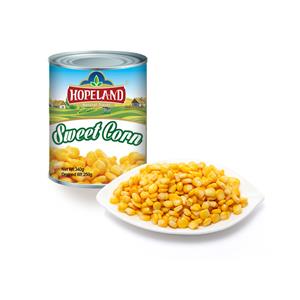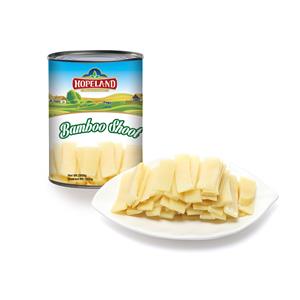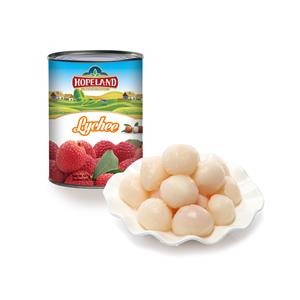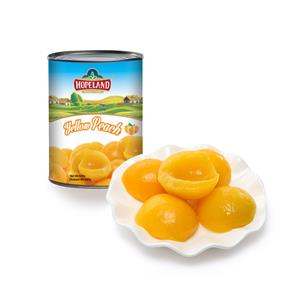Quail Eggs: A Nutritional Powerhouse for a Healthier Lifestyle
When it comes to eggs, the humble chicken egg is often the go-to choice for most people. However, an increasingly popular alternative is the small, delicate quail egg. While they may be smaller than their chicken counterparts, quail eggs pack a punch when it comes to nutrition. Not only do they offer more protein, vitamins, and minerals on a per-gram basis than chicken eggs, but they also come with the added benefit of being lower in cholesterol and fat. In this article, we will explore the impressive health benefits of quail eggs, compare them to chicken eggs, and discuss how they can be incorporated into a balanced diet.
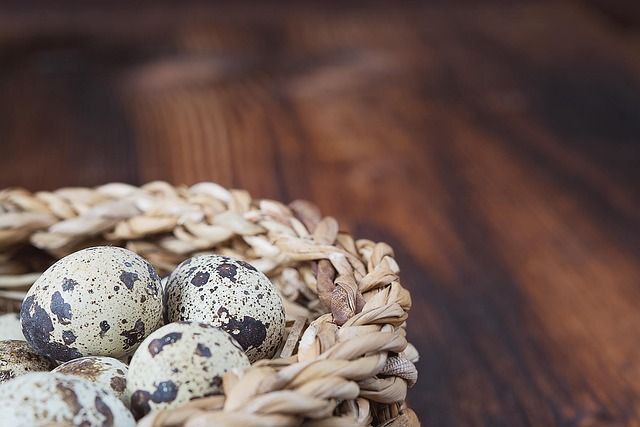
Nutritional Breakdown: Quail Eggs vs. Chicken Eggs
To fully appreciate the value of quail eggs, it’s essential to compare them to the more commonly consumed chicken egg.
Protein Content
Quail eggs are an excellent source of high-quality protein, which is essential for muscle repair, immune function, and overall body health. While a large chicken egg provides about 6 grams of protein, a single quail egg, which weighs around 9 grams, contains about 1 gram of protein. Though smaller in size, quail eggs are packed with more protein per gram. For those looking to boost their protein intake in a smaller serving size, quail eggs are an excellent choice.
Vitamins and Minerals
Quail eggs are incredibly rich in vitamins and minerals that are essential for maintaining good health. These eggs provide a significant amount of vitamins B1 (thiamine), B2 (riboflavin), B5 (pantothenic acid), and B12, which are vital for energy production and brain function. Additionally, they contain substantial amounts of vitamin D, which plays a key role in bone health by helping the body absorb calcium.
Quail eggs are also a rich source of essential minerals such as iron, zinc, phosphorus, and potassium. These minerals are necessary for oxygen transport, immune health, muscle function, and maintaining fluid balance in the body. In comparison to chicken eggs, quail eggs contain significantly higher amounts of certain minerals like iron and zinc, making them a valuable addition to any diet, especially for individuals at risk of nutrient deficiencies.
Lower Cholesterol and Fat
One of the primary health concerns for many people is cholesterol and fat intake. While cholesterol is an essential component of the body’s cells, too much can lead to heart disease and other health issues. Quail eggs, despite their richness in nutrients, are lower in cholesterol and fat than chicken eggs. A single quail egg contains roughly 76 milligrams of cholesterol, while a large chicken egg contains about 186 milligrams.
For those who are watching their cholesterol levels or looking for a heart-healthy alternative, quail eggs offer a promising option. Additionally, quail eggs are known for their lower fat content, making them a great choice for individuals who are mindful of their calorie and fat intake. This makes quail eggs an ideal option for people looking to maintain a healthy weight or improve their overall cardiovascular health.
Health Benefits of Quail Eggs
1. A Natural Boost for Your Immune System
Quail eggs are packed with essential vitamins and minerals that can help strengthen the immune system. The presence of vitamin A, vitamin C, and a variety of B vitamins work together to support the body’s natural defense mechanisms. Regular consumption of quail eggs can help improve your body’s ability to fight off infections and illnesses, keeping you healthier throughout the year.

2. Supporting Healthy Skin and Hair
The high levels of riboflavin (B2) in quail eggs help promote skin health by supporting cell regeneration and preventing skin damage caused by free radicals. The vitamins and minerals found in quail eggs also contribute to healthy hair by nourishing the follicles, preventing hair loss, and promoting hair growth. Including quail eggs in your diet can lead to healthier, more radiant skin and stronger hair.
3. Aiding in Weight Management
For individuals looking to manage their weight, quail eggs can be a great addition to a balanced diet. With their high protein content, they help promote a feeling of fullness, reducing cravings and preventing overeating. Furthermore, quail eggs are lower in calories than chicken eggs, making them a satisfying and nutritious snack without the added calorie load. Adding them to salads, omelets, or as a topping for grain bowls can make for a satisfying meal or snack that keeps you full for longer.
4. Promoting Digestive Health
Quail eggs contain a significant amount of healthy fats, which help in the proper absorption of fat-soluble vitamins (A, D, E, and K). These fats also support gut health by promoting the absorption of essential nutrients in the digestive system. In addition, quail eggs contain antioxidants like selenium, which can help reduce inflammation in the digestive tract and improve overall gut health. The high protein content also supports muscle health, including the smooth muscles of the digestive system, which helps maintain proper digestion.
5. Enhancing Brain Function and Mental Health
The rich array of B vitamins in quail eggs, particularly vitamin B12, plays a crucial role in maintaining cognitive function and supporting mental health. Vitamin B12 is essential for the production of red blood cells and the maintenance of nerve health, while other B vitamins help with energy production in the brain. For those experiencing fatigue, stress, or difficulty concentrating, quail eggs can provide a natural way to boost mental clarity, memory, and overall brain function.
How to Incorporate Quail Eggs Into Your Diet
Quail eggs can be enjoyed in a variety of ways, making them a versatile ingredient to include in your meals. Here are a few ideas for incorporating them into your diet:
1. Hard-Boiled Quail Eggs
Boiling quail eggs is one of the easiest and most popular ways to prepare them. Simply place the eggs in a pot of boiling water for about 4 minutes for a soft boil, or 6-7 minutes for a firm hard boil. These eggs can be eaten on their own as a snack or added to salads, grain bowls, or even as a topping for avocado toast.
2. Quail Egg Omelets or Scrambled Eggs
Quail eggs can be used in omelets or scrambled eggs, providing a rich, savory taste. Due to their smaller size, you may need to use 3-4 quail eggs to equal the equivalent of a single chicken egg. Add in some vegetables, herbs, and cheese for a nutrient-packed breakfast or brunch option.
3. Quail Eggs in Soups and Stews
Quail eggs can be added to soups, stews, and broths for an extra boost of protein and nutrition. Soft-boiled or poached quail eggs can be gently dropped into hot broths or added to noodle dishes like ramen, enhancing the texture and flavor of the dish.
4. Quail Eggs in Sushi
Quail eggs are commonly used in sushi, particularly as a topping for maki rolls or sushi nigiri. Their rich, creamy texture pairs perfectly with the savory taste of the rice and the tang of wasabi.
Conclusion
Quail eggs are an exceptional and nutritious food that deserves a place in your diet. They are packed with protein, vitamins, and minerals, and are lower in cholesterol and fat than chicken eggs, making them an excellent choice for anyone looking to eat healthier. Whether you enjoy them as a snack, in salads, soups, or breakfast dishes, quail eggs can help support your immune system, promote healthy skin, and improve brain function. With their versatility and numerous health benefits, quail eggs are an excellent addition to any balanced diet, helping you maintain a healthy lifestyle while enjoying a delicious and unique food.

